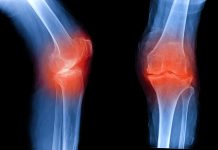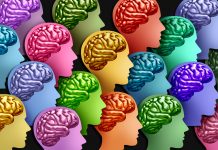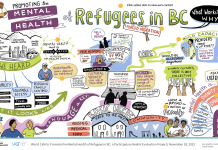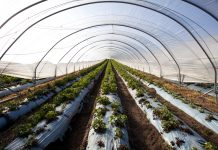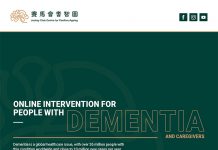Open Access Government produces compelling and informative news, publications, eBooks, and academic research articles for the public and private sector looking at health, diseases & conditions, workplace, research & innovation, digital transformation, government policy, environment, agriculture, energy, transport and more.
Home Search
en - search results
If you're not happy with the results, please do another search
Ancient galaxies “Shakti” and “Shiva” were discovered in the Milky Way
Astronomers have identified what could be two of the Milky Way's earliest building blocks, "Shakti" and "Shiva".
Knee OA therapy offers pain relief to patients
A patient with knee osteoarthritis (OA) provides a testimonial for "wonder" therapy that has relieved painful symptoms.
Neurodiversity Celebration Week 2024: Destigmatising neurodivergence in the UK
Neurodiversity Celebration Week 2024 runs from 18-24 March 2024; this week is organised to raise awareness of neurodiversity.
Why greener pharmaceutical manufacturing is vital for the industry and our health
Determined to tackle the carbon footprint of medicine, CPI’s Medicines Manufacturing Innovation Centre is addressing key sustainability issues in pharmaceutical manufacturing.
Barrie Cassey – CPI, Medicines Manufacturing Innovation Centre
Having joined MMIC in 2021, I have responsibility for creating and delivering our portfolio of innovation projects, including clinical trial supply, continuous direct compression...
Deborah McElhone – CPI, Medicines Manufacturing Innovation Centre
Deborah currently works at the Medicines Manufacturing Innovation Centre (MMIC) as a Grand Challenge Lead
The role includes defining and managing the overall strategy for...
Upscaling integrated mental health services and systems for people of forced migration
How can realist impact evaluation be used to upscale the integration of mental health programs for people of forced migration? Nancy Clark, an Associate Professor from the University of Victoria, investigates.
Breaking down the key components of effective post-stroke care
Lorna Rothery spoke to stroke researcher and ESO Fellow Rajiv Advani about the wider psychological impacts of stroke, how AI could be harnessed to improve post-stroke care for patients, and the importance of increasing symptom awareness.
Environmental health implications of plastic use in agriculture
Donald A. Bruun and Pamela J. Lein from the University of California, Davis in the U.S., highlight the environmental health implications of plastic use in agriculture.
Governing a fair energy transition in coal-dependant areas
Prof Yiannis Bakouros, provides a comprehensive exploration of promoting inclusive regional governance for a fair energy transition in coal-dependent areas.
Are nanotextures enough to kill cancer cells?
Nanotextures on nanoparticles and implants to kill cancer cells in a more targeted manner may just be the key to tackling resistance to traditional cancer drugs.
Electric-field nanobubbles: Re-engineering water treatment
Niall J. English, from the University College Dublin, School of Chemical and Bioprocess Engineering, discusses electric-field generated nanobubbles, including re-engineering water treatment – and beyond.
Breakthrough prostate cancer treatment shows less side affects and better outcomes
A minimally invasive treatment for prostate cancer, using a combination of MRI and transurethral ultrasound, has shown effectiveness in a recent study.
Independent research experiences in sustainable chemistry
The Research Experiences for Undergraduates (REU) programme in the Department of Chemistry at Michigan State University was created to inform students majoring in chemistry, biochemistry and chemical engineering about key societal sustainability challenges and to provide graduate-level independent research experiences that address aspects of these challenges.
Artificial intelligence to understand and communicate tasks to each other
Scientists have developed artificial intelligence to perform new tasks based on verbal or written instructions.
Online intervention for people with dementia and caregivers
A systematic review indicated that as much as 80% of community-dwelling people with dementia are cared for by their family members. Psychoeducational programs for caregivers of people with dementia can reduce caregivers’ anxiety and stress.


